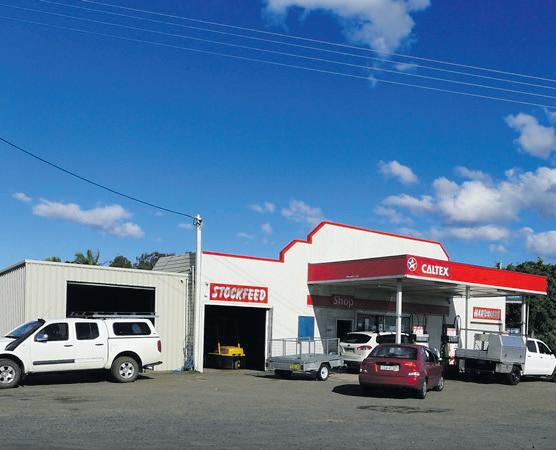
1 minute read
Dealing with a ‘wicked’ problem
When it comes to the Game Changer Challenge, Alstonville and Bangalow Public Schools have got it in the bag.
Both schools have been selected out of 20 grand fnalists to help solve a real-world ‘wicked’ problem.
The Game Changer Challenge is the NSW Education department’s award-winning design thinking competition.
This year, in the annual challenge, entrants have been asked to make life better for all without harming the planet.
As part of the challenge the students have been developing ideas to address food security and reduce food waste.
“The Game Changer
Challenge encourages students to come up with a unique idea, develop it into a workable concept and deliver a compelling sales pitch to industry experts,” Department of Education Secretary Murat Dizdar said.
“The competition showcases the creativity and passion of our incredibly talented public school students across the state as they tackle some of the most pressing challenges facing our world today.”
With more than 400 teams entering, a record number of submissions, the two Northern Rivers schools have showed their prowess.
In the challenge the two key elements of the Game Changer
Challenge are ‘design thinking’ and the ‘wicked problem’.
Design thinking methodology is a human-centred approach to solving complex problems and focuses on empathy and collaboration.
A wicked problem is diffcult to solve due to incomplete, contradictory and changing factors.
UNICEF Australia delivered the 2024 wicked problem which is inspired by the United Nations Sustainable Development Goal 9 to build resilient infrastructure, promote inclusive and sustainable industrialisation and foster innovation.
Alstonville Public School are regulars at the Game Changer Challenge grand fnal and last year won the ‘Impact and Awareness Award.’ It’s also the second year in a row that a team from Bangalow Public School has qualifed for Sydney.
The grand fnal will be held 5-7 November at Parramatta in Sydney.










